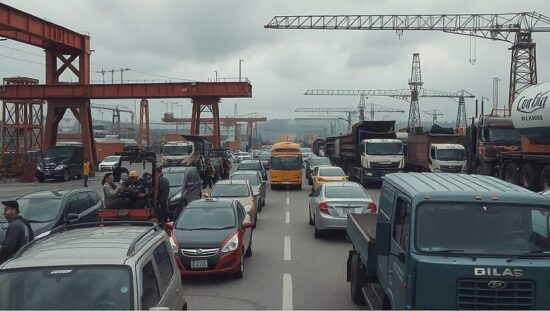A growing rift is emerging within German industry as the automotive and steel sectors lobby the government regarding the future of steel imports. According to reports from Politico, both industries have recently sent formal letters to Chancellor Friedrich Merz outlining significantly different perspectives on trade policy.
The German Steel Association (WV Stahl) is advocating for a sharp reduction in import quotas combined with the imposition of 50% protective tariffs. Their concern centers on what they describe as a threat posed by competitively priced steel imports, particularly from Asia, arguing that existing measures are insufficient.
Conversely, the German Association of the Automotive Industry (VDA) expresses strong reservations about extending existing protective measures and has voiced concerns about an overextension of such measures. They warn against artificially inflated steel prices resulting from protectionist policies.
The existing EU “Steel Safeguards” which encompass import quotas and additional protective tariffs, are scheduled to expire mid-next year. The debate is further complicated by the implementation of the EU’s Carbon Border Adjustment Mechanism (CBAM), which is impacting steel prices.
The VDA contends that current safeguards have already negatively impacted the automotive industry, citing inflationary pressures on steel prices. The WV Stahl, however, disputes this assertion, questioning the extent to which protective measures would significantly increase product costs.
Adding another layer to the complexity, the German Engineering Federation (VDMA) has also expressed skepticism regarding proposed trade measures intended to replace the existing safeguards. The VDMA maintains that any new measures risk creating unequal competitive conditions and harming the competitiveness of German companies.





